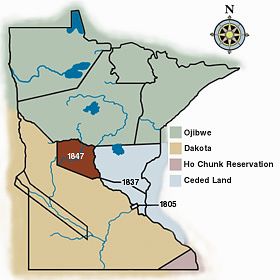Mubarak's Failed Bait and Switch

On February 10, indications were he'd step down. He didn't, but now it's official, vice president Suleiman saying he resigned, handing power to Egypt's military. A New York Times alert said "a historic popular uprising transformed politics in Egypt and around the Arab world."
Times rhetoric way overstated reality as resolution remains very much in doubt, though odds strongly favor continuity, not populist change. More on that below.
For the moment, however, huge Tahrir Square crowds erupted in celebratory euphoria, perhaps forgetting their liberating struggle just began. It didn't end with Mubarak's resignation. That was a baby step, removing an aging dinosaur Washington and Egypt's military wanted out. Now he's gone. Focus must follow through on what's next, requiring sustained popular protests. Otherwise, everything gained will be lost.
Behind the scenes, Washington and Egyptian military maneuvers were involved. They're always crucial, not visible orchestrated events. As a result, discerning reality is crucial. Hopefully, Egyptians understand, knowing the folly of letting up now and losing out.
Investigative journalist Wayne Madsen believes Obama waffled to buy time for CIA operatives to secure and purge Egypt's torture and rendition files, dating from when Attorney General Eric Holder was Clinton's Deputy Attorney General in the 1990s.
He also said Secretary of State Clinton wanted her husband protected, and former White House chief of staff (now CIA head) Leon Panetta had the same aim. Doing so, of course, requires keeping Washington-favorites in power, permitting no uncertain alternatives, people Egyptians need for real change.
Besides short-lived confrontations, orchestrated street violence was avoided. Whether it continues, however, is unknown as Egypt's military is notoriously brutal, a different reality than most on Cairo streets believe. Among them were hundreds, perhaps thousands experiencing its harshness, for the moment at least lost in a sea of celebratory humanity.

























